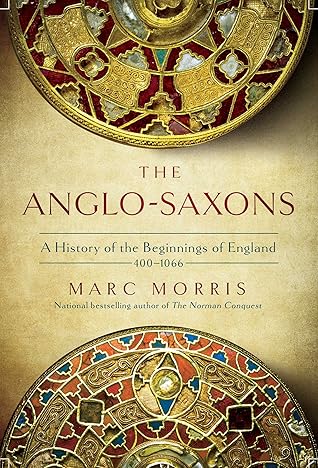More on this book
Community
Kindle Notes & Highlights
by
Marc Morris
Read between
November 16, 2023 - January 18, 2024
The Romans – and from the start of the third century, everybody living in the empire was considered a Roman citizen, whatever their ancestry – assumed all this would last forever, for the empire was eternal. And yet, within the space of a single lifetime, it was all gone. The towns and cities crumbled and fell into ruin, the coinage ceased to be minted, and the most basic commodities disappeared, leaving people to scratch and scavenge for a living, or to prey on the more vulnerable.6
For the English, the coming of the vikings meant a confrontation with the demons of their own pagan past.
At the same time, the vikings in the Irish Sea zone were growing in power and confidence. Iona, the most venerable of all the Gaelic monasteries, was raided for a second time in 802, and a third in 806, on which occasion sixty-eight members of the community were killed. When the raiders returned for a fourth time the following year, most of the survivors decided that enough was enough, and that the isolated site selected by St Columba in the sixth century was simply too vulnerable in the new conditions of the ninth. At that point they relocated to Ireland, re-founding a monastery at Kells that
...more


